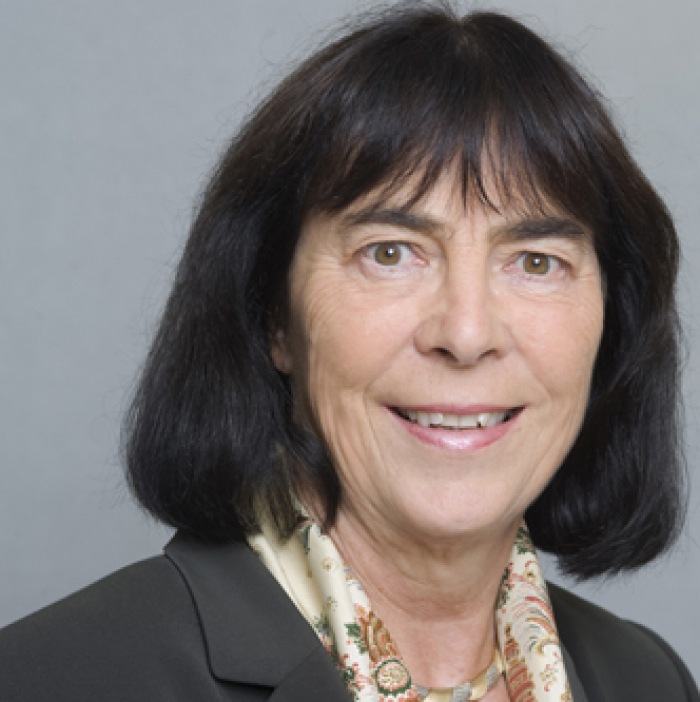"A First Step in the Right Direction"
Campaign "Against religious discrimination in the workplace" welcomes ECJ verdict on church labour law

matthaeus-maier-online.jpg
Ingrid Matthäus-Maier (gbs adviser)
Launched in 2012, the campaign "Gegen religiöse Diskriminierung am Arbeitsplatz" (GerDiA - Against Religious Discrimination in the Workplace) fights against church labour law, which violates fundamental rights, including the right to freedom of religion and belief, sexual self-determination, and the right to strike. The campaign's spokeswoman, Ingrid Matthäus-Maier, therefore welcomed the ruling on church labour law in Germany today by the European Court of Justice (ECJ).
"The ruling of the European Court of Justice is a first step in the right direction and will hopefully lead to the church labour law finally being dismantled," says Matthäus-Maier, jurist and former leading SPD politician. For years the initiators of the GerDiA campaign, the International League of Non-Religious and Atheists (IBKA), and the Giordano Bruno Stiftung (gbs) supported lawsuits by victims of church labour law and demand its abolition, as it allows churches and church-related companies to discriminate against people on the basis of their worldview, sexual orientation, or personal life choices (see also the 2012 campaign leaflet with detailed information in German).
"The two churches changed their working guidelines marginally in recent years, but by no means sufficiently," explains Matthäus-Maier. "It also often depends on the personal attitude of the director of a Diakonie or Caritas institution whether someone is hired or dismissed if they violate the church's work guidelines."
Today's ruling by the European Court of Justice sets narrow limits on discrimination in labour law by church and church-related employers. While the churches in Germany up until now invoked their right to self-determination based on law, and on this basis demanded that all employees must be members of a religious community in order to be employed, the ECJ clarified that the legality of this demand depends on the proximity of the respective activities to the church organization's mandate to proclaim the church's faith.
Ingrid Matthäus-Maier calls on the churches to change their own working guidelines. "It is unacceptable that those affected should have to go through all instances before they find justice at the ECJ," she says. Matthäus-Maier is confident that changes will inevitably occur in the near future, given the massive decline in church membership. "We now have a population of more than 35% nondenominational people - with an upward trend. Once the church employers see that they cannot fill their jobs they will probably return to reason."
